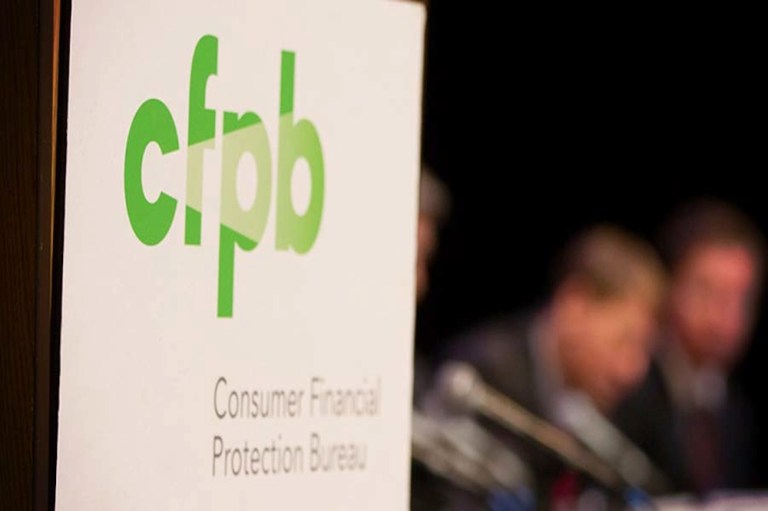CFPB, DOJ And Toyota Settle Over Discriminatory Dealer Pricing

The dealer reserve — the process by which auto dealers who act as middlemen in auto lending add to the interest rate assessed by the loan underwriter before passing it on to a borrower — has just suffered another blow.
Dealer reserves have fallen under fire by consumer watchdogs who claim they are unevenly applied to borrowers. White prospective lenders are rarely hit with dealer reserves; minority borrowers often are — a piece of disproportionality that has left the Consumer Financial Protection Bureau and the Department of Justice working overtime to stamp out the practice.
Which leads to their new settlement with Toyota Motor Credit — the financing arm of Toyota — which has agreed to pay $22 million in restitution to Asian and African-American borrowers who the CFPB and DOJ allege were the victims of said discriminatory lending practices.
“We are dedicated to promoting fair and equal access to credit in the auto finance marketplace,” said CFPB Director Richard Cordray. “Toyota Motor Credit is among the largest indirect auto lenders, and we commend its industry leadership in shifting to reduced discretion to address the significant fair lending risks.”
The settlement comes at the conclusion of a a three-year joint investigation. Toyota Motor Credit is not accused of direct discrimination in its lending; it is accused of knowingly allowing its dealers to apply the dealer markup to mainly minority borrowers. Investigators found that black borrowers paid 0.27 percentage points more for loans than whites with similar loans and credit histories. Asian borrowers paid 0.18 percentage points more. Over the course of a loan, that meant an extra $200 paid by African-American borrowers and an extra $100 paid by Asian borrowers.
“No consumer should be forced to pay more money for a loan because of their race or national origin,” U.S. Attorney Eileen M. Decker of the Central District of California said in a statement announcing the settlement.
In its formal complaint against Toyota, the Justice Department claims the underwriter was aware dealerships’ markups on loans created a “substantial risk of discrimination” but did not start monitoring markup disparities until 2014 (the year after federal regulators started their probe).
Apart from the $20 million in restitution it must now pay (plus another $2 million it must keep in escrow to cover future cases that may pop up while the company is officially modifying its policy), going forward, Toyota has agreed to cap dealer markups at 1.25 percent on loans under five years and at 1 percent for loans over five years. And though those caps seem to be far higher than the average markup that most borrowers were charged (it seems African Americans and Asians, under this system, could still be charged that extra $100–$200), they would stem the more egregious abuses that saw some minority borrowers charged 2.5 percent more on a loan.
“We commend Toyota for its commitment to making changes to its business to ensure fair treatment for all customers, regardless of race or national origin,” said the head of DOJ’s Civil Rights Division, Principal Deputy Assistant Attorney General Vanita Gupta. “We also applaud its willingness to impose lower caps on discretionary markups in a way that does not increase interest rates for borrowers. As we have in the past, we acknowledge that dealerships should be fairly compensated for the valuable service they perform in connecting customers with lenders. To that end, Toyota’s new compensation system provides fair compensation for dealers, while protecting consumers against higher prices based on the color of their skin or national origin.”
Toyota is the latest auto lender to feel the CFPB’s wrath over the dealer reserve; Honda, Ally and Fifth Third have faced similar actions.